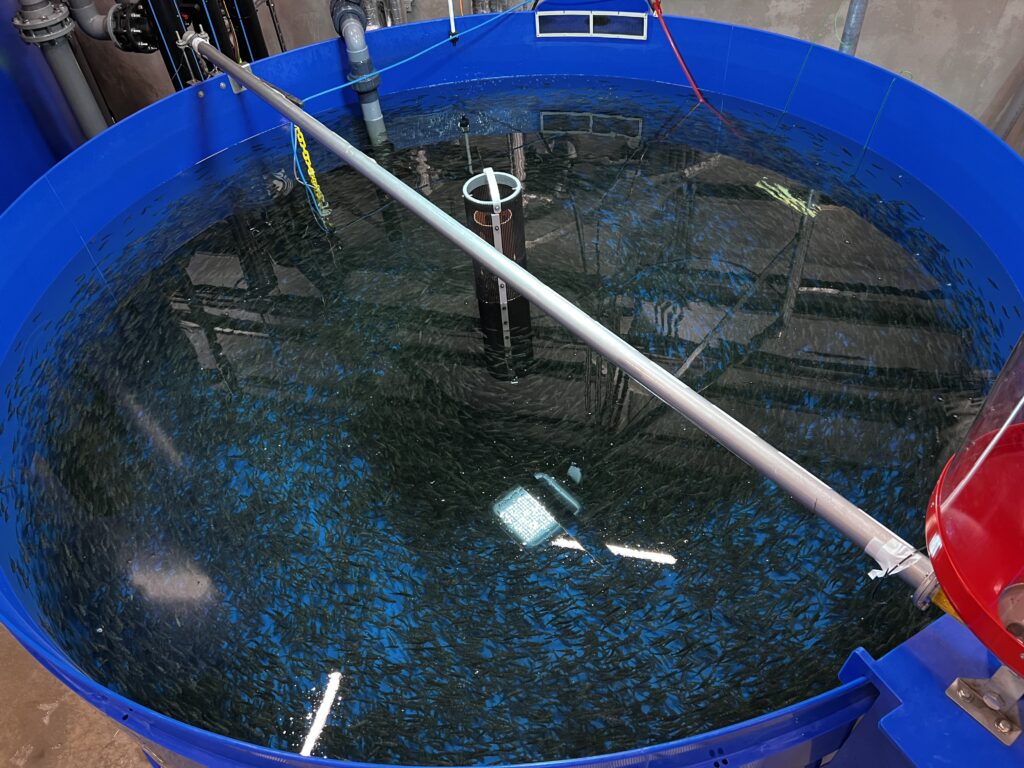Water quality remains a problem at Mt Fuji salmon farm

Proximar Seafood, the Norwegian owned company with a large new salmon farm near Mount Fuji in Japan, has said it is still taking action to counter turbidity in its growth phase.
Turbidity – murky water – has a direct effect on the amount of sunlight available to aquatic plants and high levels of suspended materials can clog fish gills.
It affects fish health, but not the quality of the fish and just over a week ago Proximar announced it had sold the first commercial batch with 100% superior quality commercial salmon to supermarkets in the greater Tokyo area .
Nevertheless, turbidity continues to cause a few problems. The company said in a trading update this week: “As communicated in the Q2 report in August, Proximar has experienced turbidity issues in the grow out stage.
“As a precautionary measure, feeding has been somewhat reduced during the last months, which has impacted growth. Following recent measures, turbidity has improved.
“Furthermore, the ozone system is now installed and will be put into operation shortly. The ozone is expected to have a positive effect on the turbidity, also based on experience from other facilities.
On a brighter note CEO Joachim Nielsen said: “We are very pleased to see the positive development in our biomass continuing through the third quarter of 2024.
“The water quality remains good although the turbidity is still an issue. Our first batch is above 5 kg on average, and we remain on track for daily harvesting from late October.”
Proximar currently has 18 batches and approximately 1.9 million individuals in production.
The targeted long-term harvest level for Proximar is 5,300 tonnes (HOG) per year in Phase 1.

